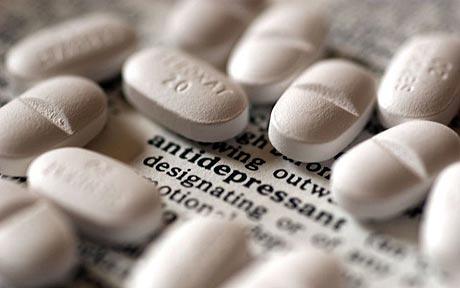Nearly Half of Parents Give Cold Meds to Kids When They Shouldn’t

In children under the age of 4, common over-the-counter cough and cold medications can lead to allergic reactions, increased heart rate, slow breathing, confusion, hallucinations, drowsiness, sleeplessness, convulsions, nausea and constipation. This is why, since 2008, labels on these drugs state that they’re not intended for children under 4. Yet, according to a new survey, the University of Michigan C.S. Mott Children’s Hospital National Poll on Children’s Health, more than 40 percent of US parents give these cough and cold medications to their children aged 3 and younger.8
There is a common perception that if you’re coughing, sneezing or have a low-grade fever, you must take a medication to get rid of it. In reality, coughing and sneezing are tools your body uses to get rid of viruses and irritants, and fever also helps to kill bacteria and viruses.
So if you take a drug to stop these natural protections, you are actually stopping your body’s healing process — and in the long run it will likely take you even longer to feel better. That, combined with the serious risks these drugs can pose to children, makes a strong case against their use … yet many parents still reach for such medications at the first hint of a sniffle. For kids, this sends the message that drugs are necessary to make you “feel better” – a belief they may keep when they reach their teenage years …
Srushti Surti-SCIT MBA(ITBM)2013-2015















